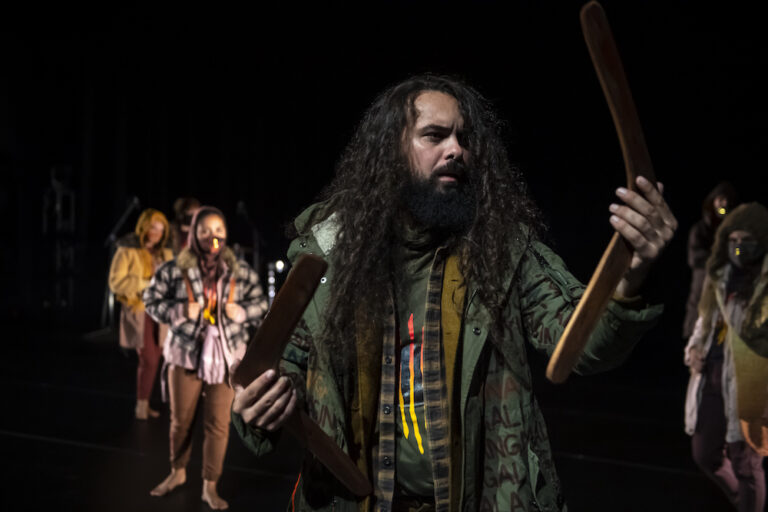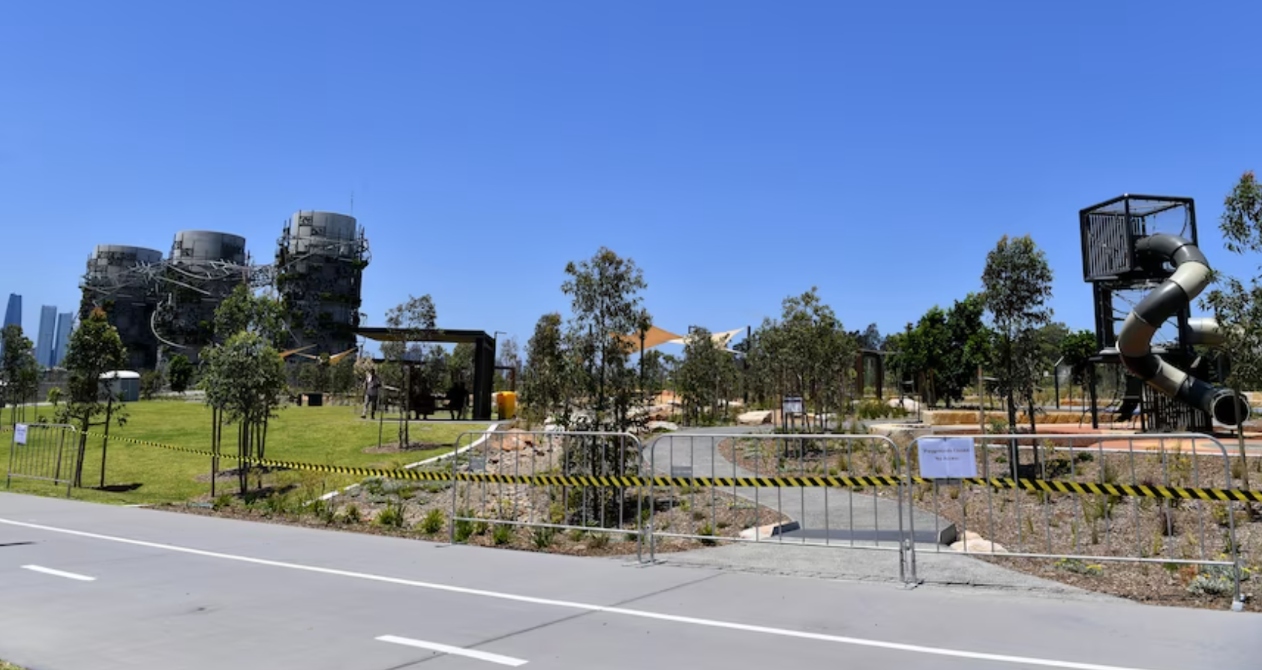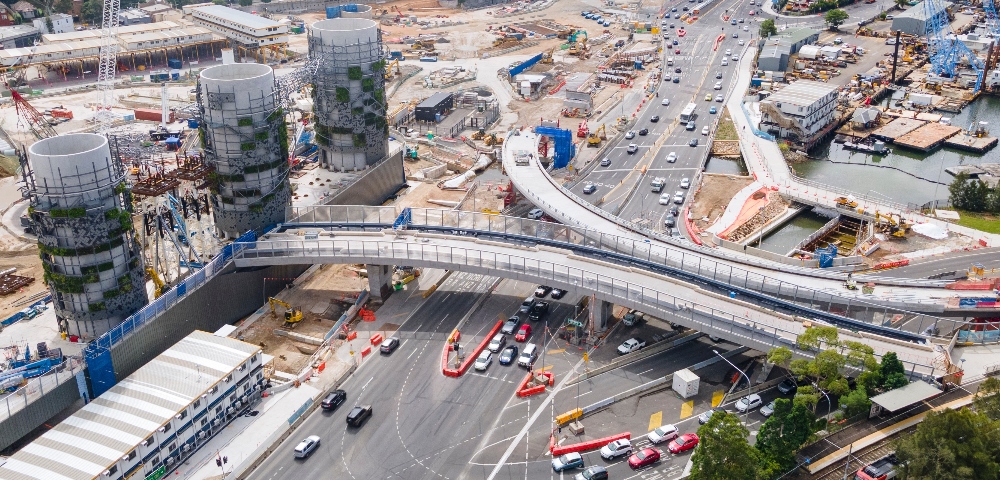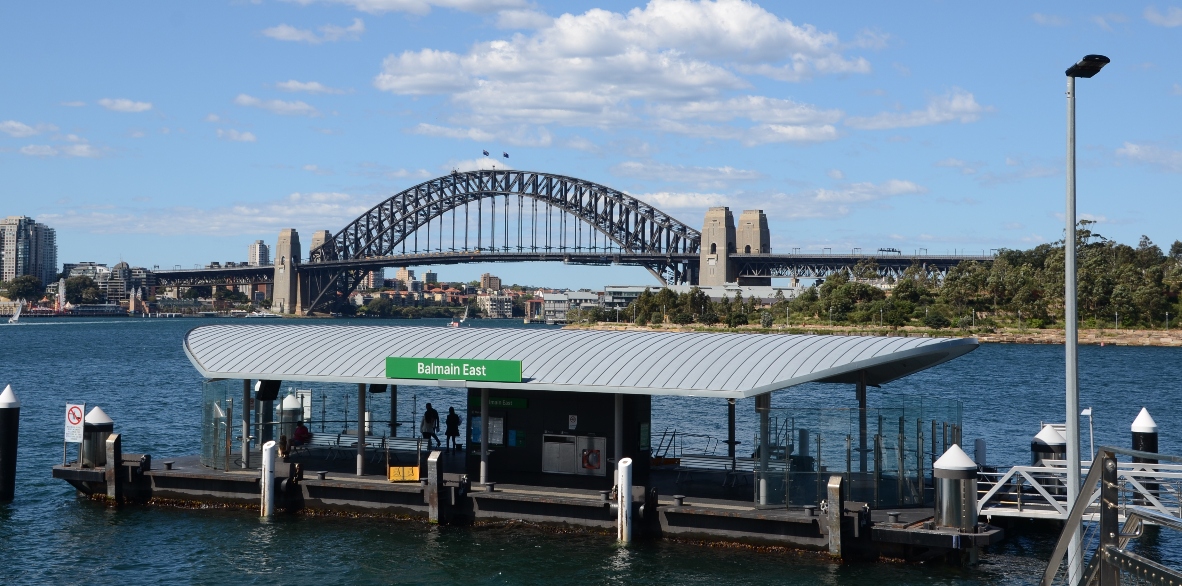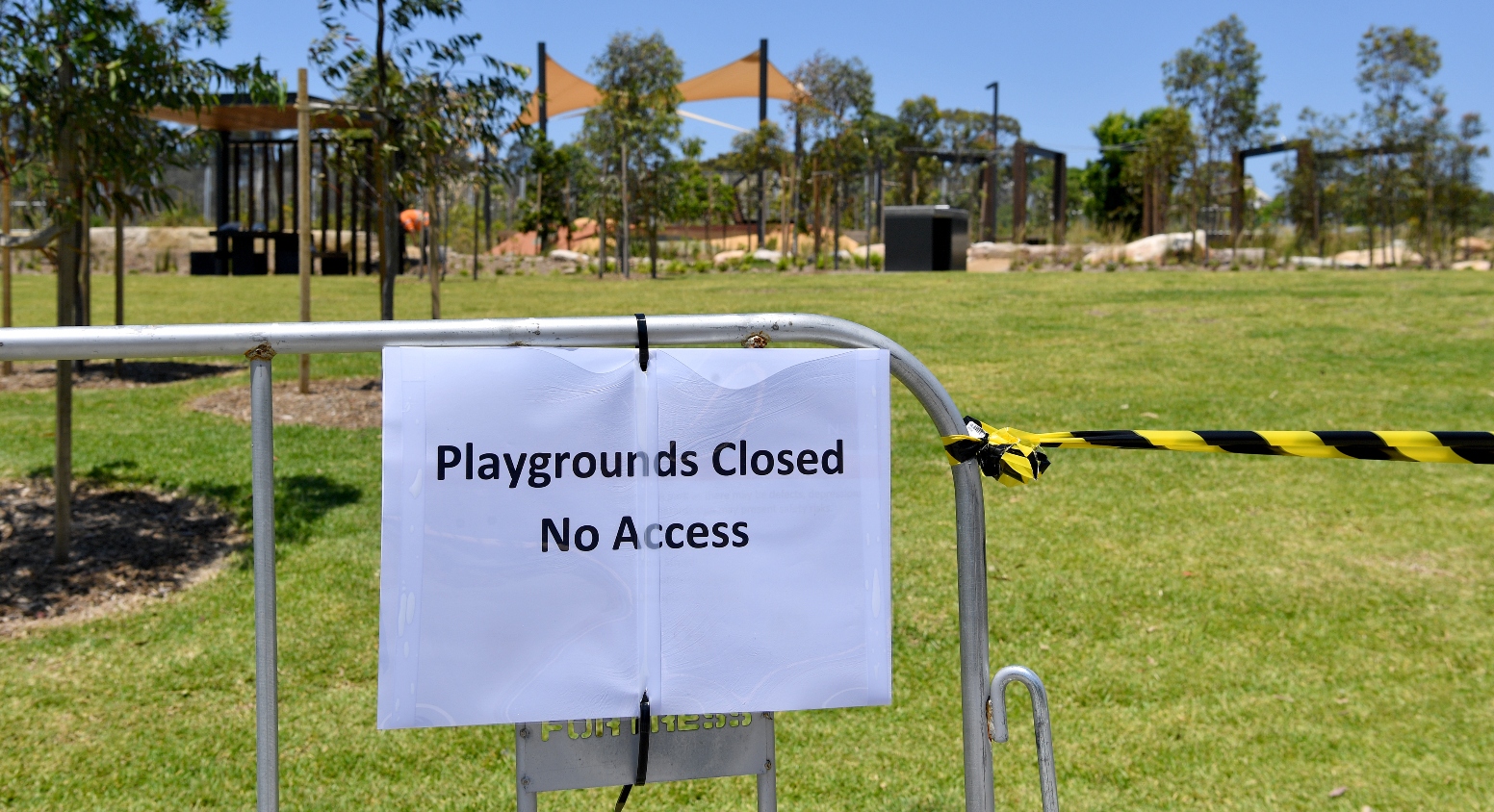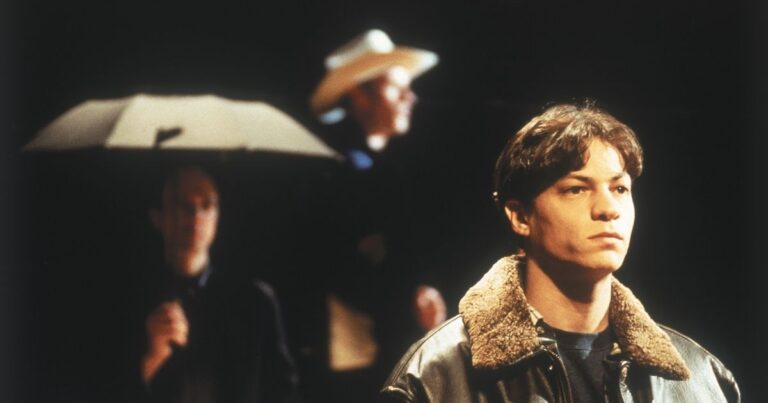
Abortion no longer a crime in NSW
By WENDY BACON
Update: On September 26, the NSW Legislative Assembly passed the Abortion bill to take abortion out of the NSW Crimes Act. The bill was passed with all its amendments and on the voices without a division. The story provides an insight into how the bill progressed through parliament.
The Human Rights Law Centre (HRLC) called this week for the NSW Upper House to pass the bill to decriminalise abortion without any further amendments designed to “frustrate women’s reproductive freedom.”
At the time, the Reproductive Health Care Bill had been debated in the NSW Legislative Council for more than 50 hours. While a number of amendments have been rejected, seven amendments had already been passed. These amendments include scores of small changes.
The bill, which was announced by Sydney MP Alex Greenwich in late July, was originally expected to go through parliament in several weeks. The purpose of the bill is to decriminalise abortion which has been in the NSW Crimes Act for 119 years. Currently, doctors provide many lawful abortions in NSW but all major medical and legal organisations supported the bill because there is ample evidence that stigma surrounding abortion means that it is not accessible or affordable for many women. Each week 29 women travel to other states for terminations, while many others face traumatic emotional and financial barriers. NSW is the last state to decriminalise abortion.
The bill easily passed both the Legislative Assembly and Legislative Council. The danger was always that opponents of abortion would introduce amendments designed to create new complications and difficulties for doctors and women. However, campaigners were optimistic given that nearly all MPs from Liberal, National, Labor, Greens and Animal Justice parties who voted for the bill in the Legislative Council said in their speeches that they supported the bill in the form passed by the Legislative Assembly. Many explicitly agreed with the notion that abortion is a health care issue, which means those seeking abortions should make their own decisions with the support of their doctors and other health care workers, without the need for intrusive regulation. This was the position strongly supported by the Pro-Choice Coalition of 53 health, legal and women’s organisations including Family Planning NSW, the Australian Medical Association and the Australian and New Zealand College of Obstetricians and Gynaecologists.
Amendments delay
But on Tuesday evening, nearly two months after it was tabled, the bill was still bogged down by delays caused by MPs moving amendments that will confuse and complicate the bill for doctors and women. Even if the bill is passed in its current amended form without further amendments, it will provide a considerably more complicated and uncertain regime for doctors and women than legislation in Queensland and Victoria.
Human Rights Law Centre Sydney Legal Director Edwina McDonald told City Hub, “at this point, amendments being proposed are clearly designed to frustrate women’s reproductive freedom. The Bill that came before the NSW Parliament was a strong model that was endorsed by the leading medical and legal experts. It certainly doesn’t need to be amended, and it should be passed without further delay.”
“It is simply unacceptable in 2019 that women continue to fear prosecution when accessing an abortion and continue to be treated like they are incapable of making decisions about their bodies and lives. It is essential that any further amendments do not create barriers to abortion access.
Decriminalising abortion is supported by 71 per cent of people in NSW. Parliament needs to stop playing politics with women’s health and get on with decriminalising abortion.”
The Human Rights Law Centre call reinforces the earlier messages from the Pro-Choice Alliance. In a media statement on September 11, Campaign convenor Wendy McCarthy was quoted as saying, “If these MLCs really cared about women and wanted to centre women in the legislative process regarding abortion decriminalisation, they would have responded to our many requests to meet to discuss the Bill.
“If they wanted to ‘put women first’, they would listen to the peak women’s, health, legal, domestic violence prevention and other frontline services that have urged them to support the Bill. Instead, they’re engaging in cynical political ploys to frustrate the legislative process…..The Reproductive Health Care Reform Bill as it stands is an appropriate and conservative approach to decriminalising abortion and regulating it as the health procedure it is. We urge all MPs to vote against these proposed amendments,” said Ms McCarthy.
Family Planning Medical Director Associate Professor Dr Deborah Bateson agreed with McCarthy and said, “Doctors and other highly trained health professionals are regulated by best clinical practice and professional guidelines. The proposed amendments will only hinder health professionals in delivering appropriate healthcare services to their patients, and ignore these existing guidelines.”
“These amendments are impractical, unnecessary and pose a direct threat of imprisonment on doctors. The real people who pay the price for this are of course women who ultimately find it more difficult to access abortions in a safe, affordable and equitable way,” she said.
At a rally on September 14, a clear message was repeatedly chanted, “Pass the Bill.”
But the anti-choice forces had also mobilised, egged on by Nationals Federal MP Barnaby Joyce and ex-PM Liberal Tony Abbott, who lost his seat in May. Although only a minority of Australians have opposed abortion for decades, misinformation, particularly about rare late-term abortions, was being circulated through churches and religious schools.
Political Manoeuvres
Behind the scenes, negotiations were continuing.
Despite the advice of leading health professionals, more than 40 amendments ( 102 if you count each part of each amendment) have been moved in the Legislative Council. Although their own amendments were rejected, the more extreme anti-choice MPs such as Minister for Finance Damien Tudehope and Labor’s Greg Donnelly were jubilant that bit by bit the bill is being changed, or in their terms, “improved”.
By this week, three amendments have passed the lower house and another seven have passed the Upper House. Some of these amendments are complicated compromise amendments that attracted votes from National and Labor MPs who developed the Bill, including National Party MP Trevor Khan and Labor’s Penny Sharpe. The Greens opposed all amendments.
In fact, the amendments have nothing to do with improving the situation for women and their health care. What changed is that vehemently anti-choice conservative Pentacontalist MP Tanya Davies threatened that she will walk away from the government to the crossbench if the bill did not undergo changes.
She and other conservative MPs were furious that Premier Gladys Berejiklian, who only has a two-seat majority, allowed a conscience vote on the bill and voted for it herself. Two weeks ago, the Premier faced down a threat to test her grip on the premiership from Davies and two other MPs. But Davies and another Liberal MP Kevin Connelly did not guarantee that they would continue to sit on the government benches. They demanded more amendments to bring the bill more into line with their anti-choice position. The vulnerability of the government became more acute with the resignation last week of the Minister for Sport John Sidoti from Cabinet. This was triggered by a NSW Independent Commission against Corruption Inquiry into his involvement in property dealings near the North West Sydney Metro and political donations.
Yet more amendments
As the debate in the Legislative Council unfolded, it became clear that one of its 15 sponsors, National MP Trevor Khan, ex-Minister for Primary Industries Niall Blair, who moved compromise amendments, and others had done a deal to shore up the government. On Wednesday, Davies told the SMH that her support for the government depended on a further amendment around the area of abortions performed after 22 weeks. This will be moved by the Minister for Finance Damien Tudehope who is an opponent of a women’s right to choose. This would again open up more debate on one of the most contentious sections of the bill. The further amendment is a compromise designed to gain the support of a majority of MPs, while at the same time allowing Davies to say she was satisfied. The amendment provided more detail on what arrangements need to be made before doctors perform late-term abortions, which happen rarely and in difficult medical and emotional situations.
Late on Thursday, Labor’s Penny Sharpe moved that the bill should be finalised without this amendment being debated. Nationals Trevor Kahn opposed her. The vote was lost which meant that the Tudehope’s motion was debated. Much was made by MP Alex Greenwich of the unprecedented broad cross-party nature of the team who sponsored the Bill. That team parted ways during the debate. It’s clear that the government and the bill sponsors wanted to wrap the debate up as soon as possible.
Pro-Choice Labor MPs and Greens did not support the Tudehope amendment. Labor MP Rose Jackson rejected the amendment because she argued it would further complicate a complex medical situation and would result in removing from “doctors and patients the space to make the decisions”. She described amendments that she had voted for as “borderline unnecessary” but said the Tudehope amendment went too far for her. She said that she had compromised and she hoped that those who oppose abortion would do the same. Labor MP Walt Secord also voted against the amendment because he believed it could interfere with women’s access to abortion and was an attempt to “paper over’ the situation for the member for Mulgoa, Tanya Davies.
The Tudehope amendment designed to satisfy Tanya Davies passed 23 to 17. Finally, the debate had ended.
Labor’s Penny Sharpe hailed the bill as a great step forward for women. She acknowledged that compromises had been made. “For me, the test with all these amendments has been: Are women going backwards or are they going forwards through the bill that we now see before us? I believe we have taken massive steps forward.”
Greens MP Abigail Boyd said that the Greens would support the bill but had voted against every amendment because “every amendment took us further away from our firm pro-choice stance and towards a regulatory regime that makes it just that much harder for people to access reproductive health care than it would be without the amendments. They create a regime that makes it that much harder for doctors to provide that health care.” She said that she believed that the bill that sent back to the Legislative Assembly had “more ambiguities, more legal nonsense and more statements perpetuating myths and harmful misunderstandings around the reasons that people seek terminations—particularly late-term terminations. However, the bill does still decriminalise abortion. It does still advance the fundamental human rights of those of us with a uterus.”
Liberal MP Mason Cox said he would continue to strongly oppose the bill, although he believed that “there has been a significant improvement on where this bill started and where it ended up tonight.
The Minister for Finance Damien Tudehope voted against the bill, although he said his own and other amendments had improved it. The bill finally passed the Legislative Council by 25 votes to 14.
Less than 12 hours later, it passed the Legislative Assembly with all its amendments. It was passed on the voices, so there was no division, which means no record of who voted for or against the bill. There will time soon to work out the implications of the amendments for doctors and for the women who are currently denied access to safe, affordable and supportive reproductive services. But it has been a long and hard struggle to decriminalise abortion in NSW. Now is a time to celebrate.
Next week City Hub will report on the amendments and what they could mean for women and doctors.
Wendy Bacon was previously the Professor of Journalism at UTS and for half a century has supported NSW women’s campaigns to decriminalise abortion.
